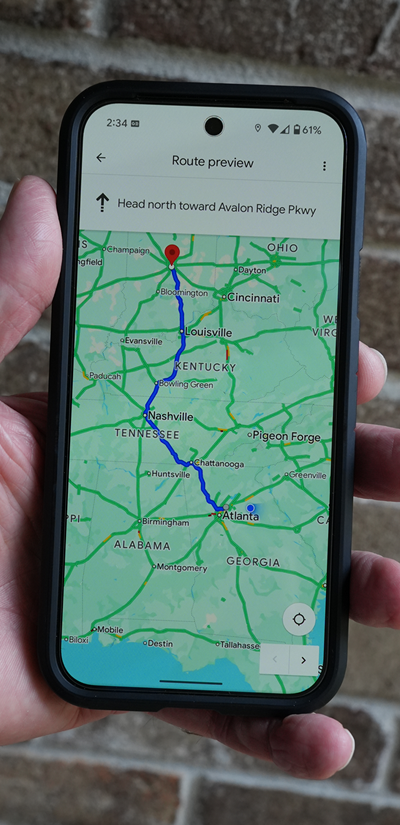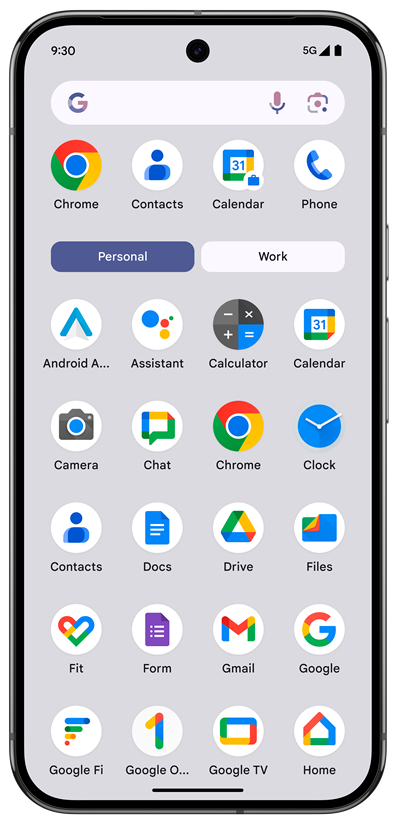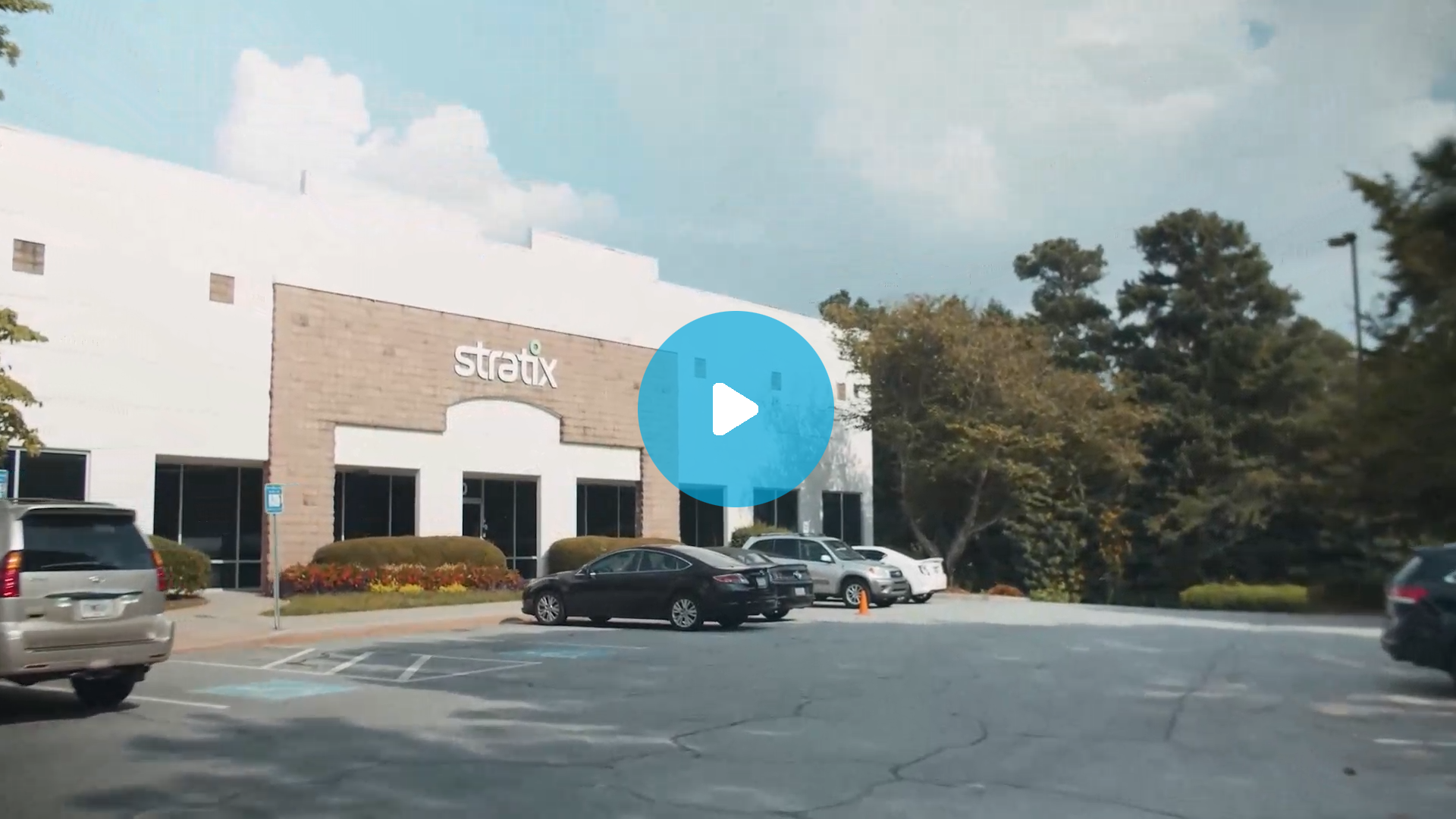How to Drive Efficiency and Safety in Transportation with Better Mobile Technology
Paper
In the fast-paced world of transportation and logistics, having the right tools makes all the difference. Smartphones have become essential for keeping drivers connected, navigating routes, managing deliveries, and staying in touch with dispatch teams. Today’s phones go beyond basic communication—offering high-speed connectivity, long battery life, and advanced AI-powered features that simplify tasks, improve safety, and boost productivity. From intelligent navigation suggestions to voice-enabled assistance, AI is helping transportation teams work smarter and respond faster—whether they’re on the road, at the dock, or in the warehouse.
When choosing mobile technology for transportation use cases, here are some key features to look for:
1. Built for the Demands of the Road
Mobile devices used in transportation must withstand demanding conditions—long hours, rough handling, and unpredictable environments.
- Durable designs and IP-rated resistance help protect against water, dust, and impact in the field.
- Long-lasting batteries and fast charging support extended shifts without constant recharging.
- High-quality cameras allow drivers to document deliveries, inspections, and incidents quickly and clearly.
2. Seamless Connectivity Keeps Teams in Sync
Whether on the road, in a warehouse, or at a loading dock, constant connectivity is essential for real-time updates and coordination.
- 5G and Wi-Fi 6 support ensures fast, reliable data access for route optimization, delivery tracking, and dispatch communication.
- eSIM and multi-carrier capabilities enable consistent coverage even in rural or remote areas.
- Voice and video features help drivers and managers communicate clearly without disruption.
3. Security and Device Management Made Simple
Mobile devices should offer the security and manageability required for large fleets and critical logistics data.
- Built-in security features protect sensitive business and customer information.
- Zero-touch deployment makes it easy to provision and roll out devices at scale.
- Regular software and security updates keep devices compliant and performing at their best.
4. Compatible with Fleet and Logistics Systems
Modern mobile devices must support the software tools that transportation teams rely on daily:
- Fleet management and telematics platforms for real-time visibility and optimization
- Electronic Logging Devices (ELDs) to comply with hours-of-service regulations
- Proof-of-delivery apps, barcode scanning, and digital forms that streamline workflows and reduce paperwork
5. Enhancing the Driver and Worker Experience
Phones with user-friendly features directly benefit those on the front lines of transportation operations:

- Voice assistants and hands-free capabilities promote safer interaction while driving or inspecting vehicles.
- Call filtering and enhanced audio ensure drivers don’t miss critical communication in noisy environments.
- AI-powered tools and intelligent suggestions help reduce friction and speed up common tasks.
6. Optimized for Scalability and ROI
Transportation companies managing fleets of devices need cost-effective solutions that are easy to maintain.
- Lower total cost of ownership from durable builds, fewer repairs, and longer device life cycles
- Flexible pricing and trade-in options to support large-scale refreshes
- Ongoing feature updates that enhance device capabilities without replacing hardware
How Pixel Devices Solve Transportation Requirements
For transportation organizations evaluating mobile device options, Google Pixel smartphones stand out as a complete solution. Here’s how Pixel addresses the needs of front-line workers:
1. Built for the Demands of the Road
Pixel devices feature IP68-rated water and dust resistance, Corning® Gorilla® Glass, and durable aluminum construction—designed to endure harsh conditions and daily wear. The all-day battery with Adaptive Battery learning ensures power lasts through long shifts, while fast charging gets devices back in action quickly.
2. Seamless Connectivity Keeps Teams in Sync
With 5G, Wi-Fi 6E, and eSIM/multi-carrier support, Pixel devices offer exceptional connectivity on the road. Dispatchers and drivers stay in constant contact, with fast access to cloud-based systems, turn-by-turn navigation, and real-time updates—no matter the location.
3. Security and Device Management Made Simple
Pixel is Android Enterprise Recommended and includes the Titan M2™ security chip for hardware-level protection. Zero-touch enrollment enables bulk provisioning with minimal IT effort. Seven years of security updates help transportation companies meet compliance and reduce refresh cycles.

4. Compatible with Fleet and Logistics Systems
Pixel supports leading key fleet management platforms. It integrates smoothly with ELD solutions, delivery confirmation apps, barcode scanners, and other logistics tools, thanks to robust Android compatibility and high-performance hardware.
5. Enhancing the Driver and Worker Experience
Pixel includes smart features like Google Assistant, Clear Calling, and live translation, enabling easier, safer communication. The clean Android interface is fast and intuitive, reducing learning curves for drivers and support staff. Voice access features also support accessibility and hands-free use.
6. Optimized for Scalability and ROI
Pixel devices offer premium performance at a competitive price point, making them ideal for large fleet rollouts. With extended support lifecycles, fewer repairs, and easy management tools, they deliver a low total cost of ownership. Frequent feature drops also improve the device over time—without extra investment.
Conclusion
Transportation and logistics companies are turning to modern smartphones to improve safety, speed, and efficiency. With the right mobile devices, frontline workers can navigate routes, stay connected, and complete critical tasks with confidence. Google Pixel smartphones offer a compelling option—combining advanced AI features, strong security, and reliable performance in a sleek, durable design that’s ready for the demands of the road.
Stratix makes it easy to put Pixel devices into the hands of your transportation teams. From provisioning and deployment to lifecycle management and 24/7 support, Stratix ensures your mobile solution is seamless, scalable, and always working for your operation.
Ready to mobilize your transportation workforce?
Contact Stratix today to learn how we can help you deploy and support Pixel smartphones—at scale, with confidence.













